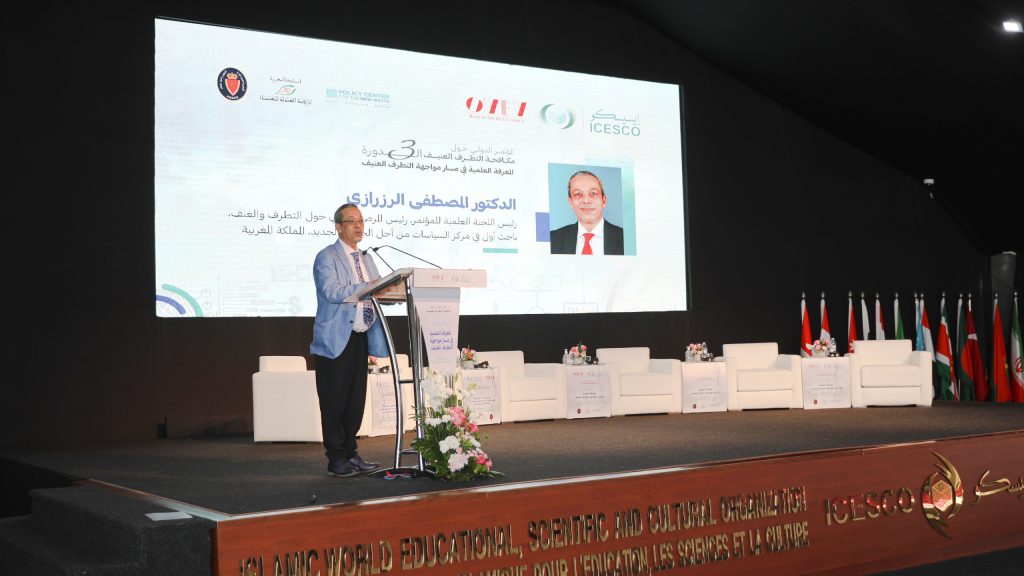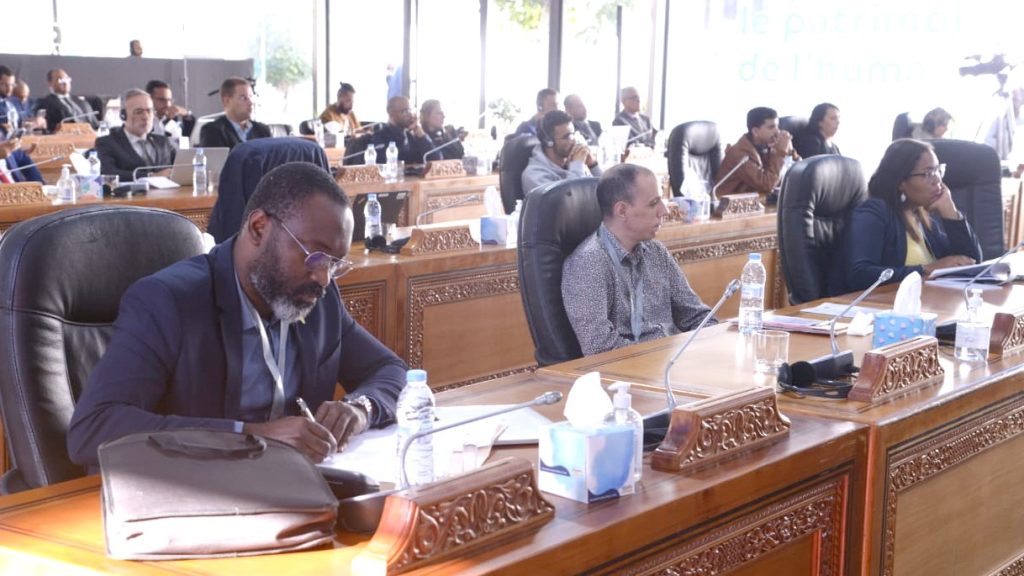
The Third session of the International Conference on Countering Violent Extremism concludes with a set of recommendations
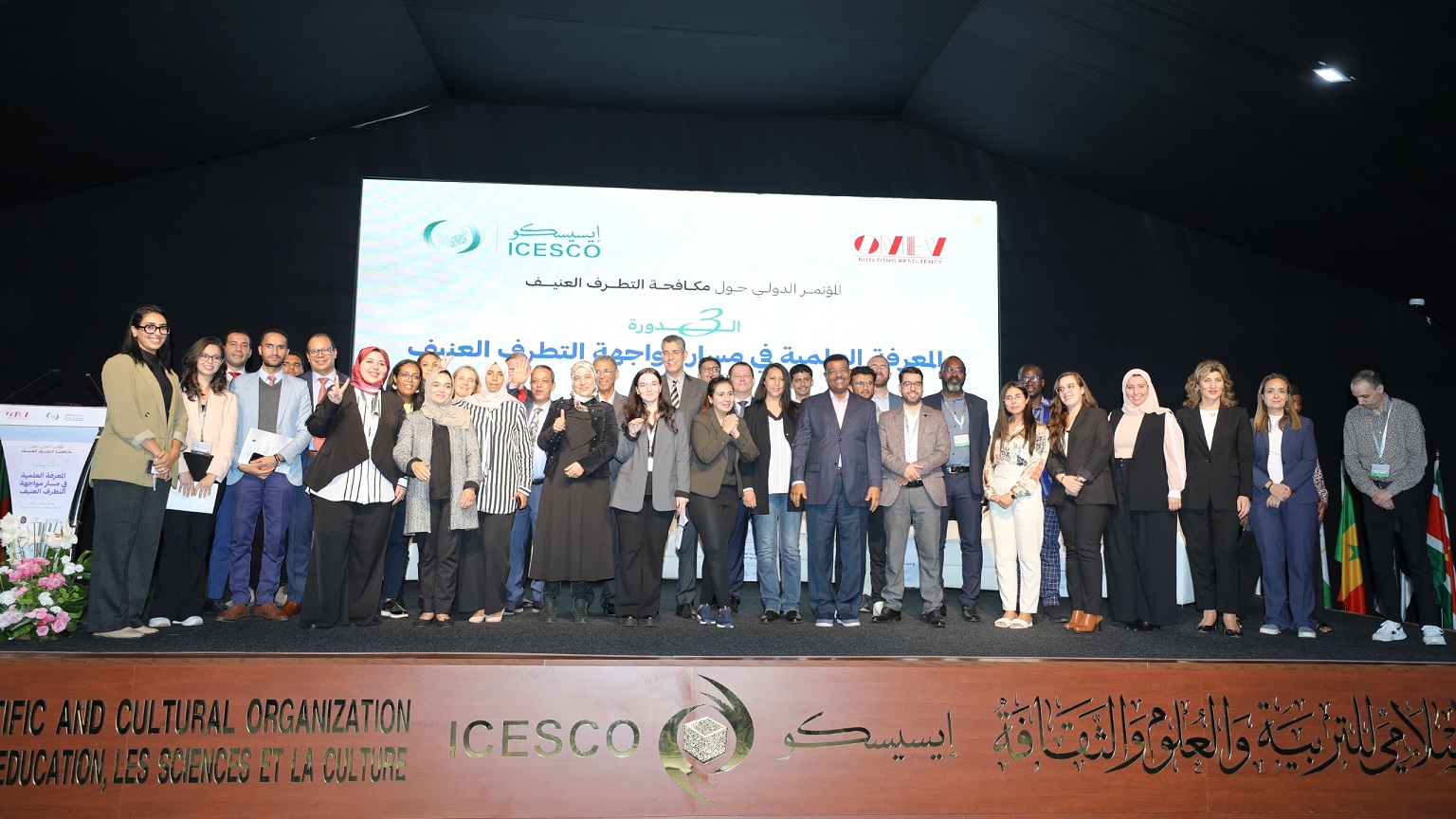
16 November 2023
After two days of working sessions, rich discussions, and an exchange of insights, the third session of the International Conference on Countering Violent Extremism concluded its proceedings by issuing a package of recommendations aiming to contribute to formulating an innovative approach based on scientific knowledge to confront the phenomenon of violent extremism worldwide. Chief among them is the necessity to confront electronic and real-world gateways targeting children and youth for recruitment; drawing attention to the new forms extremism is increasingly adopting, such as exploiting innocent individuals to form groups that threaten the stability of legitimate regimes; and prepare a detailed report summarizing the conference outcomes, to be presented to the Security Council’s Counter-Terrorism Committee.
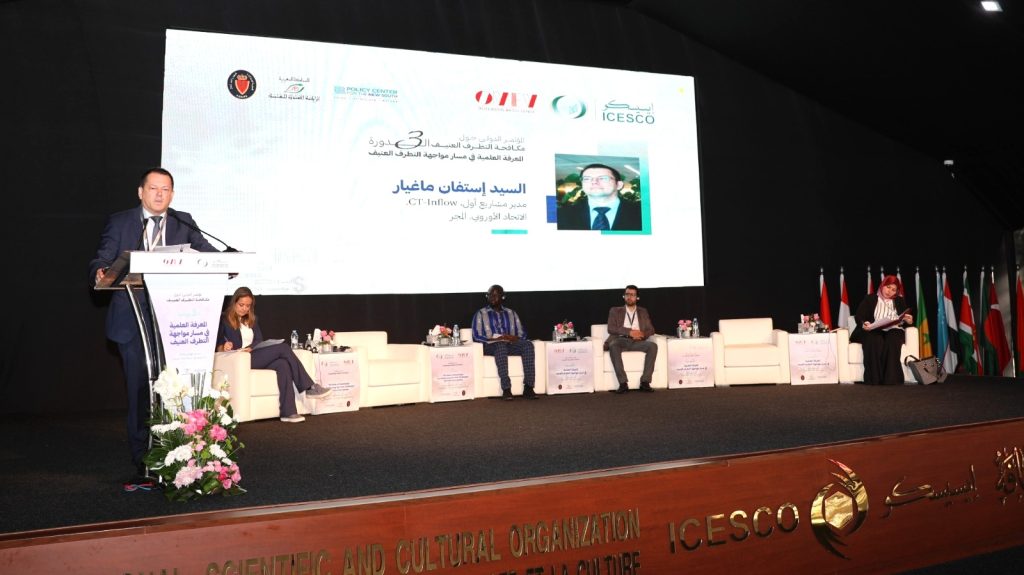
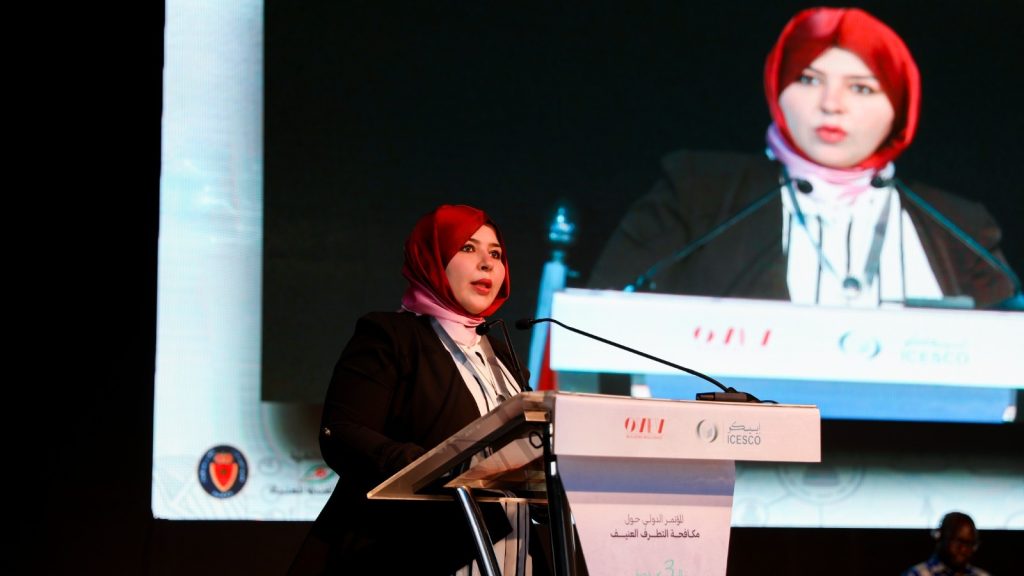
The Conference, hosted on 14-15 November 2023 at the headquarters of the Islamic Educational, Scientific, and Cultural Organization (ICESCO) in Rabat, was organized by the Moroccan Observatory on Extremism and Violence in partnership with ICESCO, and in collaboration with the General Delegation for Prison Administration and Reintegration in the Kingdom of Morocco, the Mohammedia League of Scholars, and the Policy Center for the New South, called for conducting a survey aimed at making inventory of university theses conducted on violent extremism. It also urged the international community to swiftly and seriously address unjustified violence targeting Gaza and its population causing the death of thousands of innocent people, and the violation of many healthcare and humanitarian facilities, thus jeopardizing efforts to counter extremism.
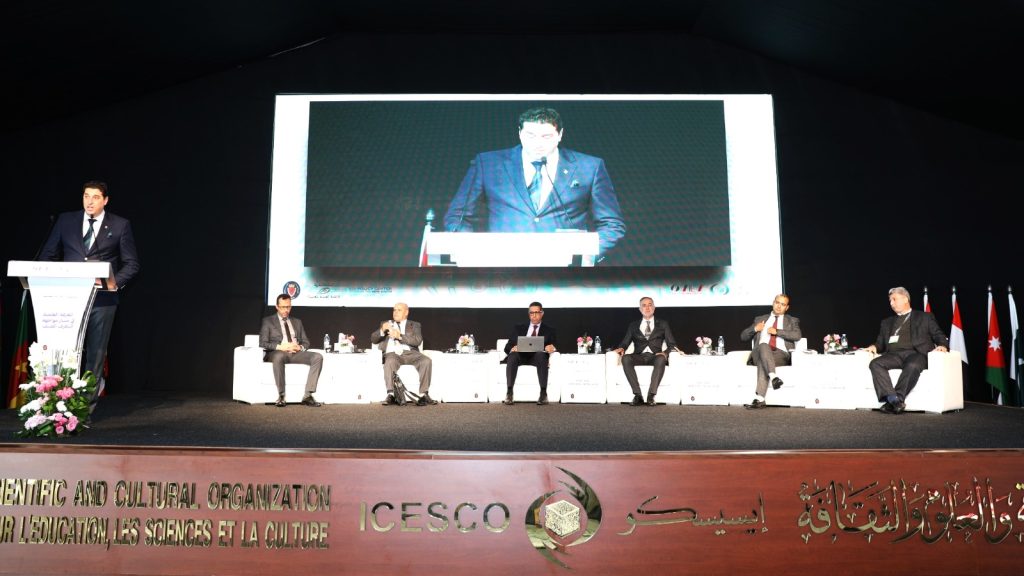
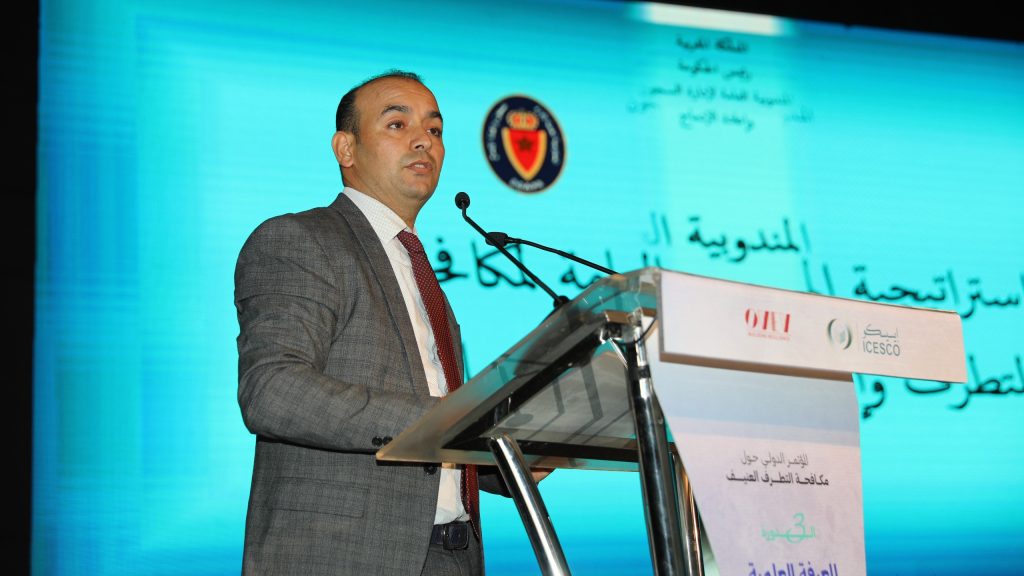
The Conference commended the achievements of the Kingdom of Morocco in countering violent extremism, which represents an established expertise that can be harnessed to address this phenomenon.
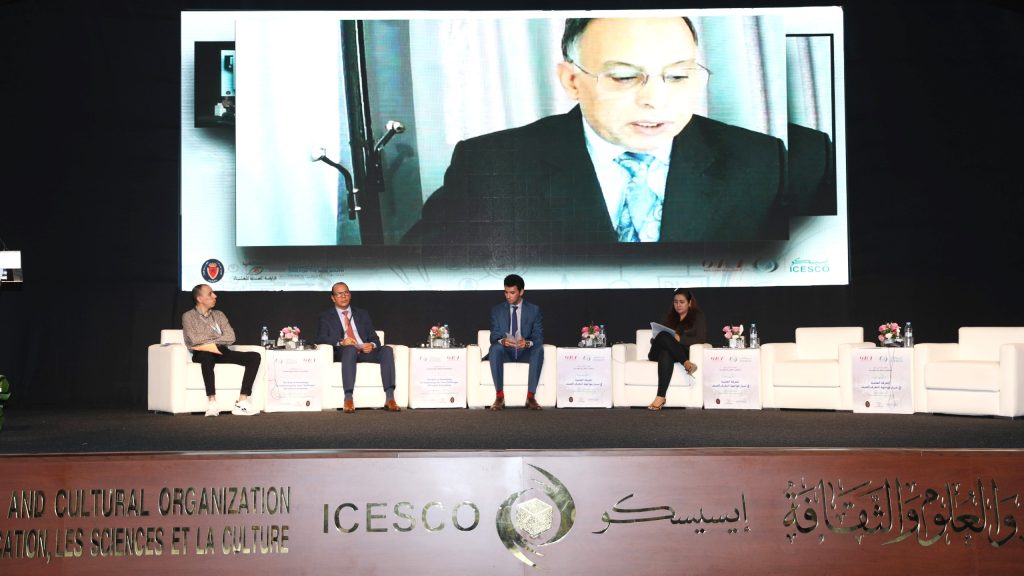
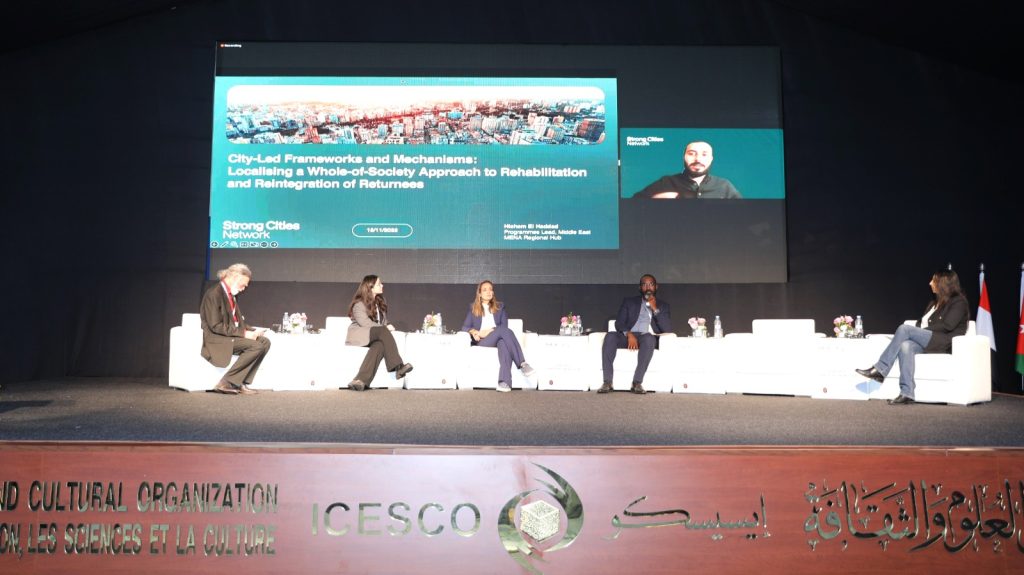
The proceedings of the second day of the Conference began with a session on the role of knowledge in combating extremism, featuring officials, experts, and researchers from several countries. The second session was dedicated to exchanging national and international experiences learned from counter-extremism and rehabilitation programs, including discussions about several countries’ experiences in combating extremism. The third session focused on “Utilizing technology and artificial intelligence in extremism, and precautionary measures.” The final session focused on exchanging experiences and good practices in managing the return of foreign fighters and their families.
